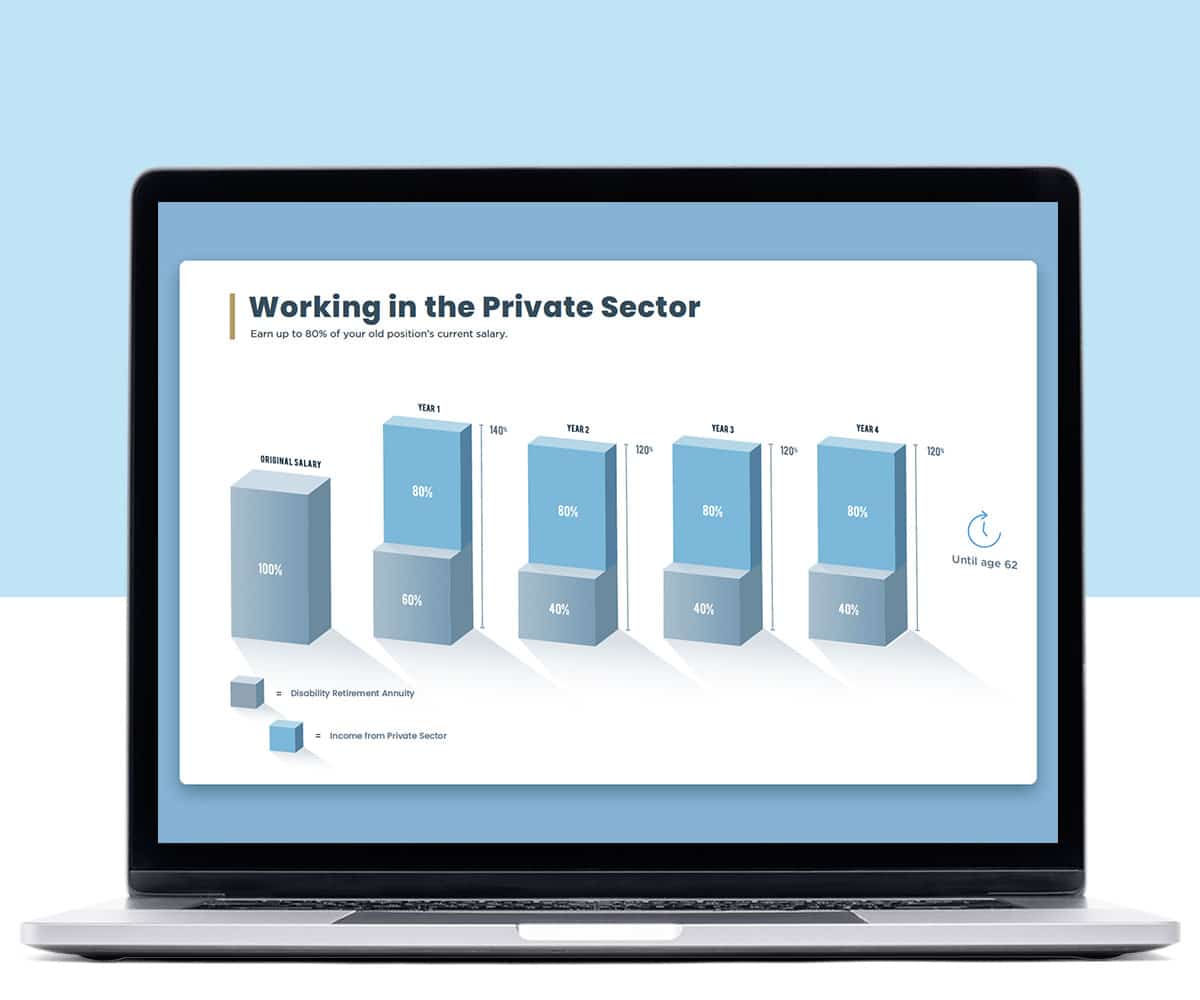
The Trump administration and Congress will turn their focus to immigration and border security in the coming weeks, but the agencies charged to meet those demands aren’t nearly equipped to handle the job. Border Patrol and Customs and Border Protection have a serious recruitment and retention problem. The Department of Homeland Security, the parent agency to BP and CBP, plans to hire 5,000 new BP agents, but first, they must dig themselves out of a hole.
President Trump signed an executive order last year ordering DHS and CBP to hire 15,000 new BP agents and immigration officers. To get started, he tasked DHS human capital leadership to bring on 5,000 new employees.
To meet the demands from the president and Congress, BP must recruit and train 2,729 new agents a year for the next 5 years, according to Jon Anfinson, president of the National BP Council’s Local 2366.
“The Border Patrol is only as good as its employees,” he told the House Homeland Security Border and Maritime Security Subcommittee. “If we don’t retain quality personnel, we’ll never be able to secure our border.”
According to Anfinson, the agency hired, trained, and deployed just 485 agents to field in 2016. The U.S. BP has not met mandated hiring targets since FY2014, House Subcommittee Chairwoman Martha McSally (R-AZ) said.
Today, BP has 1,900 vacancies, well below its Congressional target of 21,370 agents.
Customs and Border Protection
CBP is also facing a similar staffing shortage with its officers. The agency has nearly 1,200 vacant CBP officer positions. They need to fund and hire an additional 2,500 CBP officers to meet 2018 staffing needs.
McSally said it takes CBP an average of 292 days for a new agent to complete the 12-step hiring process, making it difficult to keep up with the current pace of agent and officer retirements.
The agency recently signed a $42 million one-year contract with Accenture Federal Services to help streamline their hiring process for 7,500 applicants. Some lawmakers showed skepticism regarding the $40,000 figure per recruitment and hiring action. However, base don figures presented by union officials, this latest contract could be a bargain. According to Anfinson, it costs CBP $180,000 to recruit, hire, and train one new BP agent.
Union officials say the main obstacle they see with CBP’s current requirements in the polygraph exam. Most applicants must pass a polygraph to begin working with CBP, but 2 out of 3 applicants fail the test.
The House Homeland Security Committee passed a bill last year that would waive the polygraph requirement for current state and local law enforcement officers who have already passed a poly, federal law enforcement officers who have already passed a background investigation, and veterans with at least 3 consecutive years in the military who have held a security clearance.
Another issue plaguing the agency is retaining agents. U.S. BP has a 6% attrition rate, nearly twice the federal law enforcement rate of 3.2%. Agents leave for other law enforcement organizations for many reasons including pay disparity.
“This legislation, which we supported, was originally revenue neutral, through the legislative process, the Obama administration forced through a savings cut of $100 million per year in the final law,” Anfinson said. “As a result, the average agent took a pay cut of approximately $5,500. We only supported the legislation because the agency had begun limiting agents’ [administratively uncontrollable overtime], which began affecting agents’ monthly pay and retirement.”
The Office of Management and Budget denied DHS’s request to provide additional pay and said the administration planned to issue a government-wide pay freeze for civilian employees next year.
“When we’re looking at trying to make a career at CBP more attractive, it is difficult to try to go out and recruit folks, and at the same time they’re hearing in the media [about] the potential for federal employees—all federal employees— [to get] another pay freeze,” Tony Reardon, National Treasury Employees Union president, said. “That is a non-starter.”


